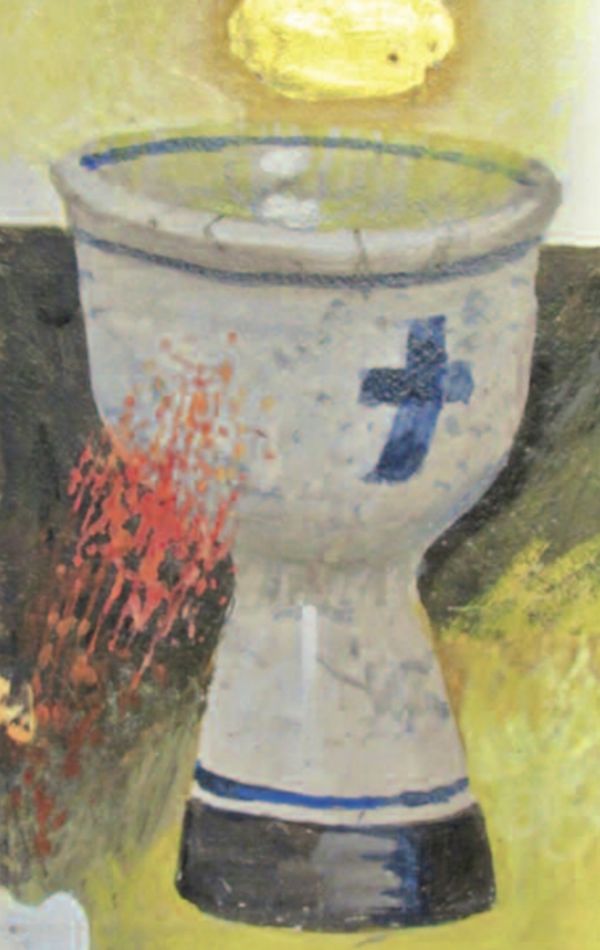The simple Mystery, New Mysticism. Vocation to offer to the world
(Jn 6:1-15)
«Man is a limited being who is himself limitless» (Fratelli Tutti [Brethren All] n.150).
In our hearts we have a great longing for fulfilment and Happiness. The Father has introduced it, He Himself satisfies it - but He wants us to be associated with His work - inside and outside.
The Son reflects God's plan in His compassion for crowds in need of everything and - despite the plethora of teachers and experts - lacking any authentic teaching.
His ‘solution’ is very different from that of all spiritual guides, because He doesn’t overfly us with an external, indirect paternalism (vv.5-6) that wipes away tears, heals wounds, erases humiliation.
He invites us to make use of what we are and have, even though it may seem ridiculous (v.9).
But He teaches in no uncertain terms that shifting energies produces prodigious results.
This is how we respond to the world's great problems: by recovering the condition of the 'viator' man - being of passage.
And by sharing goods; not, letting each person be left to his own devices and make do.
Our crude nakedness, the vicissitudes, and the experience of our many brothers and sisters, who are different, are resources not to be evaluated with distrust «as competitors or dangerous enemies» of our realisation [FT n.152].
Not only will the little we take with us be enough to satiate us, but it will advance for others and with identical Fullness of truth, human, epochal (vv.12-13).
In short, in Christ, everyone can usher in a new Time, and Salvation is already at hand, because people spontaneously gather around Him, coming as they are, with the burden of so many different needs (v.2).
The new people of God are not a crowd of chosen and pure people.
Everyone brings with them problems, which the Lord heals - but taking care of them not by proxy, as if from above or from the outside.
In this way another world is possible, but through the «breaking» of one's own even meagre ‘bread and breadcrumbs’.
Authentic solution, if we bring it out «from inside» and being «in the midst» - not at the front, not ‘at the top’.
The place of Revelation was to be the place of “thunderbolts”, on a ‘mount’ smoking like a furnace (Ex 19:18). But finally even Elijah's violent zeal had to recant (1 Kings 19:12).
Even to women and men on the other side (v.1) the Son reveals a Father who does not simply erase infirmities: He makes us understand them as a place that is preparing personal development, and that of the Community.
It was imagined that in the time of the Messiah, all the needy would disappear (Is 35:5ff.). ‘Golden age’: everything at the top, no abyss.
In Jesus - Bread of poor barley, but distributed - an unusual fullness of the times is manifested, seemingly nebulous and fragile (v.9) yet real and capable of restarting people and relationships.
The Incarnation weaves our hearts anew, in dignity and promotion.
It truly unfolds, because it does not drag away poverty and obstacles: it rests on them and does not erase them at all.
Thus outperforming them, but by transmuting them; on those seeds, creating new life.
The old exclusive puddle of religion that does not dare the risk of Exodus and Faith (v.2) would not have helped us to assimilate the proposal of the ‘lesser’ Messiah.
He is in us who have embraced His life proposal: in coexistence and sharing.
Lord-in-us, He solves the world's problems - without immediate lightning bolts or shortcuts.
Initiative-Response of the Father, «support in the Journey» in search of the Hope of the poor - of all of us, the destitute people waiting.
[Friday 2nd wk. in Easter, May 2, 2025]












